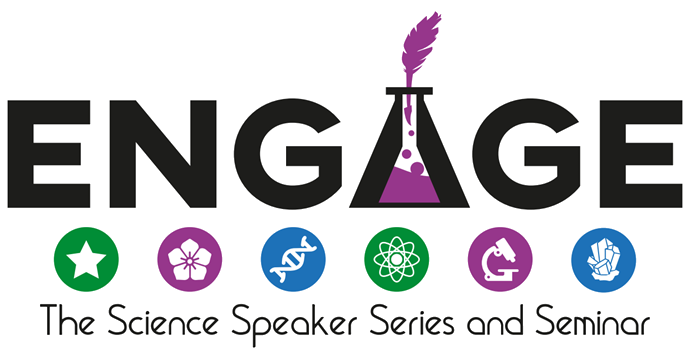What if science told better stories? (Archive)
Originally posted March 11, 2018.
Valerie Cleland is a second-year masters student in the School of Marine and Environmental Affairs. She studies changes in crude oil shipping along the West Coast in collaboration with NOAA.
We don’t read scientific papers for fun.
In high school science, I was taught to write about science in an expository style, leaving out descriptive language and characters. Scientific papers are characteristically dry, meant to give us facts in a clear, unbiased way that makes it easy to focus on the data and results. While I did this type of writing in high school, college, and then in graduate school, I never enjoyed reading it because it didn’t tell a story.
But people love stories, even in scientific papers. A study published in 2016 by UW SMEA student, Annie Hiller with Professors Ryan Kelly and Terrie Klinger, examined over 700 scientific papers on climate change to see if writing style, rather than content, influenced how often the paper was cited. It did.
Papers that are written in a narrative style, with a story and sensory language, were cited more often than the traditional scientific paper. Even more, papers that got published in big name journals also had more of this narrative style. It turns out, even in science writing, we are drawn to stories and language that helps us see and feel what the scientist is telling us.
How you write your science impacts how influential it will be. This may seem obvious, but this is not something that we are taught as scientists. Many science courses don’t focus on how to effectively communicate data and market their research. This leads to plenty of good science that never gets read.
This is a problem that we can address by teaching scientists to become more engaging writers. If we learn how to incorporate sensory language into publications and bring in that narrative structure, we are more likely to get cited, an important metric in the academic community. So when our science tells a story, it is more interesting to read, and thus more likely to be referenced by other scientists. I imagine that this could also lead to scientific papers being more accessible to policy makers and others who look to science for answers.
I hope that we, as scientists, can start to appreciate that it is not just the content we write, but the style in which we write it. It’s time that we start telling better stories so that our research can be read, used, and understood. Being a good scientist and a good writer should go hand in hand.

